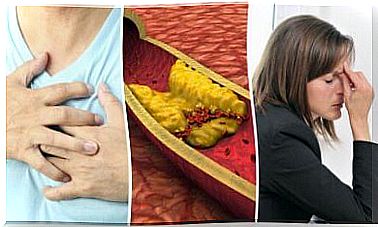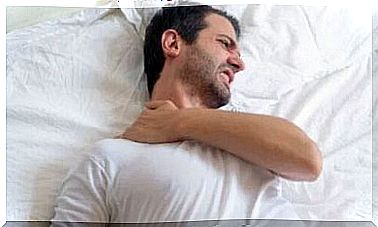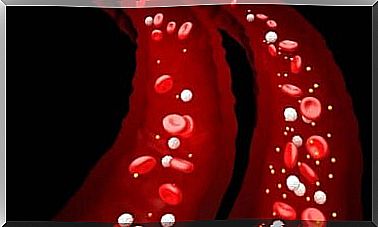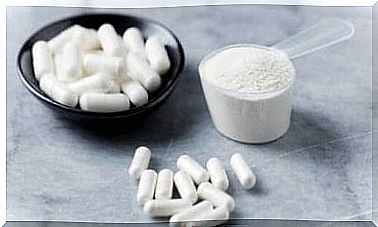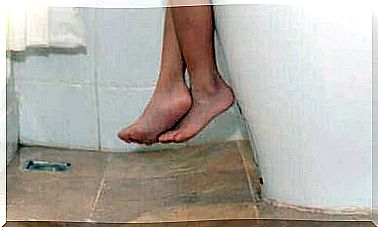3 Situations In Which We Must Avoid Sport
Sport is a very beneficial activity for the body and therefore necessary on a daily basis. However, there are some situations where the best decision is to avoid playing sports.
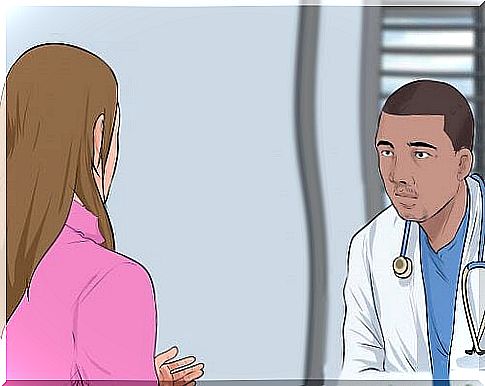
Physical activity has always been an important thing in all societies. There didn’t seem to be any reason to avoid sports.
Physical exercise is not a question that arises only nowadays. Already in ancient Greece, physical activity programs were implemented. Routines could be smooth, fast, or slow.
Sport was considered a priority for health, not to mention the cult of the aesthetic image which was also a means of expressing power.
Why exercise?
Sport improves cardiovascular performance by activating hemodynamic, hormonal, neurological and metabolic exchanges. It also improves the functioning of the respiratory system.
Physical activity provides a balance to health. Staying in motion prevents osteoporosis, back pain, and damage from poor posture.
However, sport may not be a healthy activity, depending on the forms and conditions in which it is practiced.
When should you avoid playing sports? 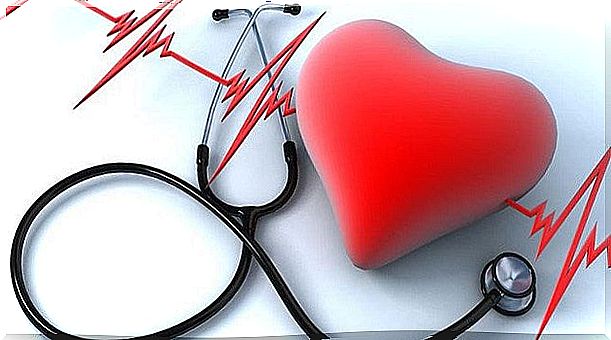
It is clear that excessive or inappropriate exercise can have counterproductive effects. For example, people with high blood pressure should avoid intensive sports, as it can make their condition worse.
But there are also certain circumstances in which avoiding sports is the best option.
Here are three situations in which you should absolutely avoid sports:
1. After not getting enough sleep,
We all grow up People grow up with the idea that sport is the cure for many of our ailments.
So after a night without getting much sleep, we believe that physical activity is the best way to recharge our batteries.
Mistake! Performing an exercise routine after not getting a good rest increases stress.
In addition, under these circumstances, the immune system is not prepared for the effort, so the defenses deteriorate.
Not to mention that due to a lack of energy, we put too much strain on the muscles, which increases the risk of injury. We are straining the muscles because we cannot do the movements the same way as if we had rested well the night before.
However, if you didn’t sleep well the night before and don’t want to waste a day on your exercise routine, it is advisable to walk, jog, or put in half the effort you usually do.
2. After drinking alcohol
Technically, alcohol consumption does not exclude sport unless it is a physical activity that requires precision. Alcohol consumption affects performance and strength, but it has a much more detrimental effect on coordination.
Ethanol is a chemical compound found in alcoholic beverages that causes changes in the nervous system. This substance causes in those who consume alcohol a state of euphoria then a state of depression, which decreases the reflexes in any situation.
On the other hand, it is important to remember that alcohol has diuretic effects, which can lead to dehydration during physical activity. This is due to the loss of fluids, vitamins and minerals.
The ethanol also prevents the regular absorption of nutrients, which increases the body weight increase.
3. After an injury
It is very common for athletes to have injuries while playing sports. Some causes can be:
- Not performing movements correctly
- Train a lot more than usual
- Wearing ill-fitting sports shoes
- A lack of protection
Types of injuries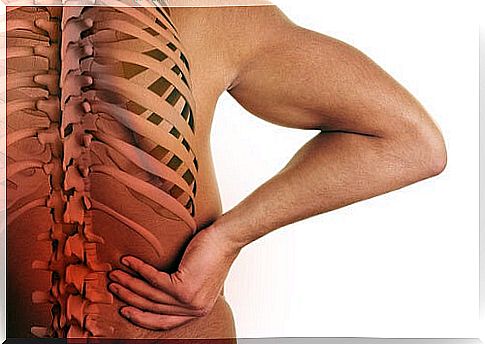
Some of the most common injuries in athletes include:
- Acute trauma, such as fractures, sprains, cuts, etc. They can come from a blow or from excessive force.
- Overload injuries. For example, fractures due to overuse or inflammation of the tendons. They develop especially during very repetitive routines.
Symptoms
Here are some of the most common symptoms of lesions:
- Severe pain or tenderness
- Stiffness and swelling
- Immobilization
- Cracks
If you have any of these symptoms, you should avoid sports, and even you should completely stop any strenuous physical activity. But it is also essential that you see a doctor.
Next, tell your trainer about your injury and treatment, and then gradually begin therapeutic exercises.
Recommendations for athletes
- Consult a certified sports specialist before starting any physical activity.
- Pay attention to technique. Do not focus on strength alone, because there is no point in lifting a lot of weight if you are in the wrong movement.
- Be consistent and avoid overloading, because an exaggerated amount of exercise, in a short period of time, will not bring back the results that one would get in months of exertion.
- Warm up. Stretching before starting physical activity is essential for preventing injury and increasing physical performance.
- Start an aerobic routine if you are looking to lose weight. However, it is also important to lift weights as it strengthens the muscles.
- Eat a balanced diet rich in vitamins and minerals.
- Drink water, as this is the only way to recover from physical exertion. It is essential to drink water before, during and after exercise.
